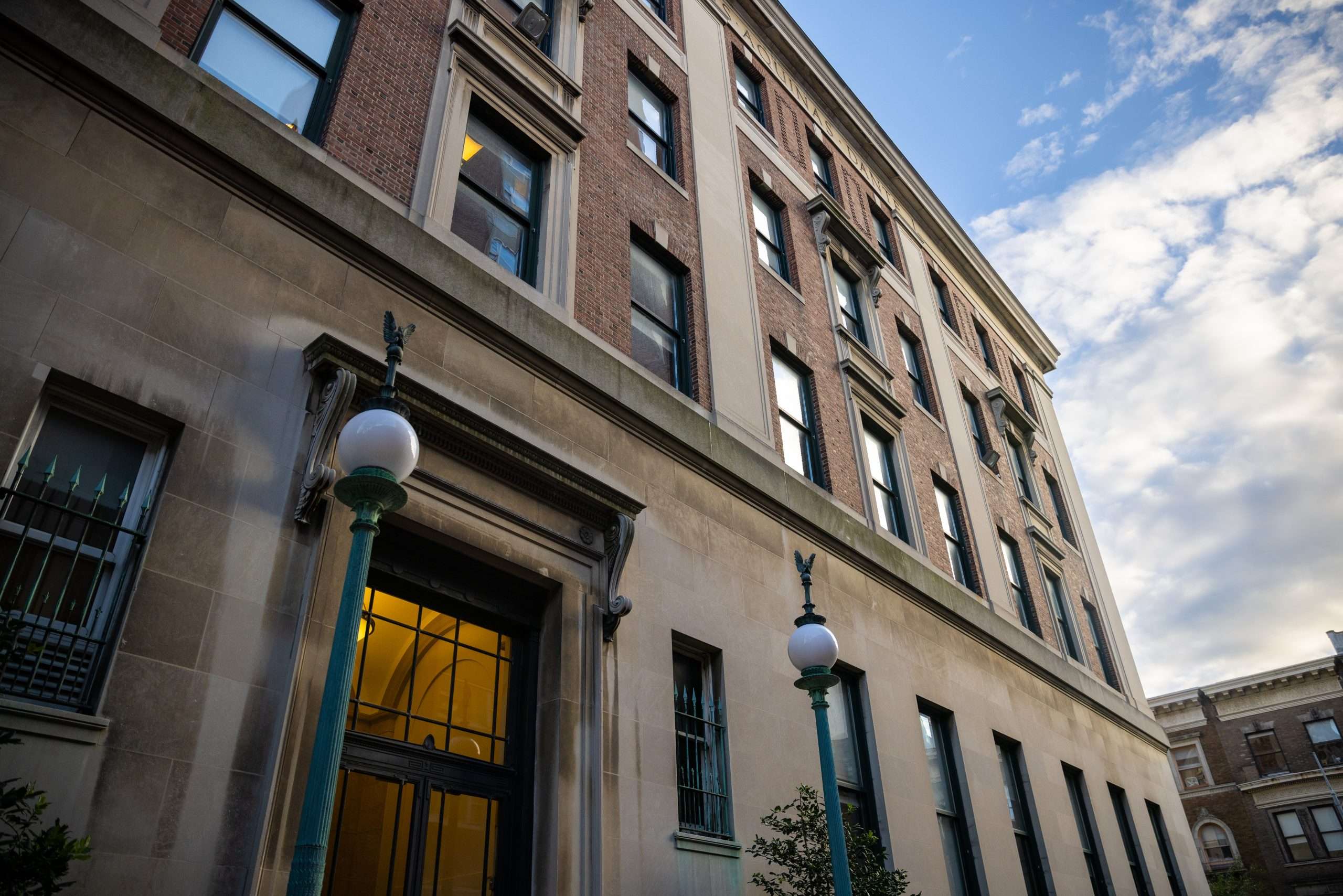The Ivy Coach Daily
Ivy Coach’s Secret to Beating the Waitlist and Earning Admission

Around this time every year, America’s elite colleges release their Regular Decision notifications. Among these schools, some schools release their decision on the earlier side in mid-March.
For the Class of 2028, Regular Decision notifications are already out for the University of Chicago, the Massachusetts Institute of Technology, Carnegie Mellon University, the University of Southern California, and Johns Hopkins University, among others. Yet most of America’s elite universities, including all Ivy League schools, release their decisions at the end of March or the first day of April.
However, when decisions come out, students are often dismayed that a final verdict has not been rendered after all these months. Instead, they learn these schools have kicked the can on their decisions by placing them on the dreaded waitlist. So, what’s the secret to earning admission off the waitlist?
Ivy Coach’s Waitlist Admission Track Record
Over the last 30+ years, around 40% of students who have first come to Ivy Coach after being placed on an elite university’s waitlist have earned admission.
Keep in mind that there are some years in which a school does not turn to its waitlist. There are other years in which a school admits hundreds of candidates off their waitlist. All years impact our waitlist statistics, and there is no way to predict whether a school will turn to its waitlist in a given year and, if so, how many students they’ll admit.
And how do our students learn they’ve been admitted off waitlists? Often, they’ll receive phone calls from admissions officers. After all, admissions officers aren’t that busy right now, and it’s nice to tell a select batch of students good news. So, waitlisted students should always pick up their phones from unknown numbers over the coming weeks.
Finally, we’ve had students earn admission off waitlists the same day they submit their letters. We’ve also had students earn admission in late August, weeks after the school claimed to be finished turning to their waitlist. In fact, Ivy Coach once had a student move into their Duke dorm room only to promptly move out when they earned admission off the Harvard waitlist. If there’s an open slot, you bet a college will fill it!
How Most Students Approach College Waitlists
First, it’s essential to understand how most students approach the waitlists of elite universities. In our experience, most waitlisted applicants fall into three ill-advised camps:
- The do-nothings. After accepting a spot on a college’s waitlist, many students choose to do nothing other than check “yes” on the card that they wish to remain on the waitlist. After sending in the card, this group of students rests on their laurels, hoping their application submitted in early January was strong enough to earn admission out of limbo.
- The braggarts and updaters. After accepting a spot on a college’s waitlist, many students — who correctly know they should do something after being placed in limbo — choose to update the school on all that they’ve achieved in the three or so months since they applied. These students will fill letters to the school’s admissions office with awards earned, competitions entered, activities participated in, grades secured, and other achievements that will render them unlikable to admissions officers and hurt their case for admission.
- The bombarders. After accepting a spot on a college’s waitlist, many students — including some students who fall into the second camp — think it’s a good idea to call the admissions office and even stop by in person (heck, some students have even taken out bus advertisements!). But admissions officers don’t want to hear from waitlisted candidates beyond a single letter. They don’t want to speak on the phone to waitlisted candidates. They don’t want to meet with waitlisted candidates. Don’t annoy them! It will do more harm than good. We’re all for the school counselor making an advocacy call on a student’s behalf. But admissions officers do not want to hear from the waitlisted candidate, their parents, first cousins, or fringe friends on the Board of Trustees.
How Ivy Coach’s Students Approach College Waitlists
So, what do Ivy Coach’s students do differently? First, we typically only have a couple of our students in the Regular Decision round since most earn admission each year in the Early Action/Decision round.
However, for those families who first come to Ivy Coach as clients after being placed on a college waitlist, our approach is to demonstrate love. That’s right. Love. More specifically, our process is as follows:
- PostMortem. We first need to see how a student presented themselves in their application. After all, how they approach the waitlist can’t be out of left field. It needs to be consistent with the previously presented narrative — ideally, one that showcases a singular hook — but much more compellingly told.
- Letter of Continued Interest. We then brainstorm a unique Letter of Continued Interest for the waitlisted candidate that needs to go in right away. Sometimes, students don’t frame their stories to showcase singular hooks, so we devote part of their letters to reestablishing their narratives. Other times, they frame their stories well enough that we devote the whole letter to sharing how they hope to contribute that singular hook to the specific school that placed them on the dreaded waitlist. But in all cases, a good Letter of Continued Interest must showcase a love for that school, and students do not show love by writing throwaway sentences like, “Brown is the school I most wish to attend.” No, students show love by showing rather than telling, by citing specific examples of how they hope to contribute to the school — examples that only apply to that institution. And, no, name-dropping professors or class names do not count as genuine specifics.
- Advocacy Call. A school counselor can be a waitlisted student’s greatest advocate. Good school counselors will pick up the phone and fight for their students. But we help our students guide their counselors in presenting students’ cases for admission on these calls because, otherwise, they’ll often say generic things that can apply to most candidates. It’s why we always encourage our waitlisted candidates, after we’ve brainstormed and revised their Letters of Continued Interest, to bring these letters to their school counselors and ask them to advocate on their behalf (armed with the fighting words in said letters).
Moving Forward with Ivy Coach’s Waitlist Assistance
If you’re interested in Ivy Coach’s waitlist assistance, fill out our complimentary consultation form, and we’ll be in touch to outline our go-forward service.
You are permitted to use www.ivycoach.com (including the content of the Blog) for your personal, non-commercial use only. You must not copy, download, print, or otherwise distribute the content on our site without the prior written consent of Ivy Coach, Inc.
TOWARD THE CONQUEST OF ADMISSION
If you’re interested in Ivy Coach’s college counseling, fill out our complimentary consultation form and we’ll be in touch.
Get Started




